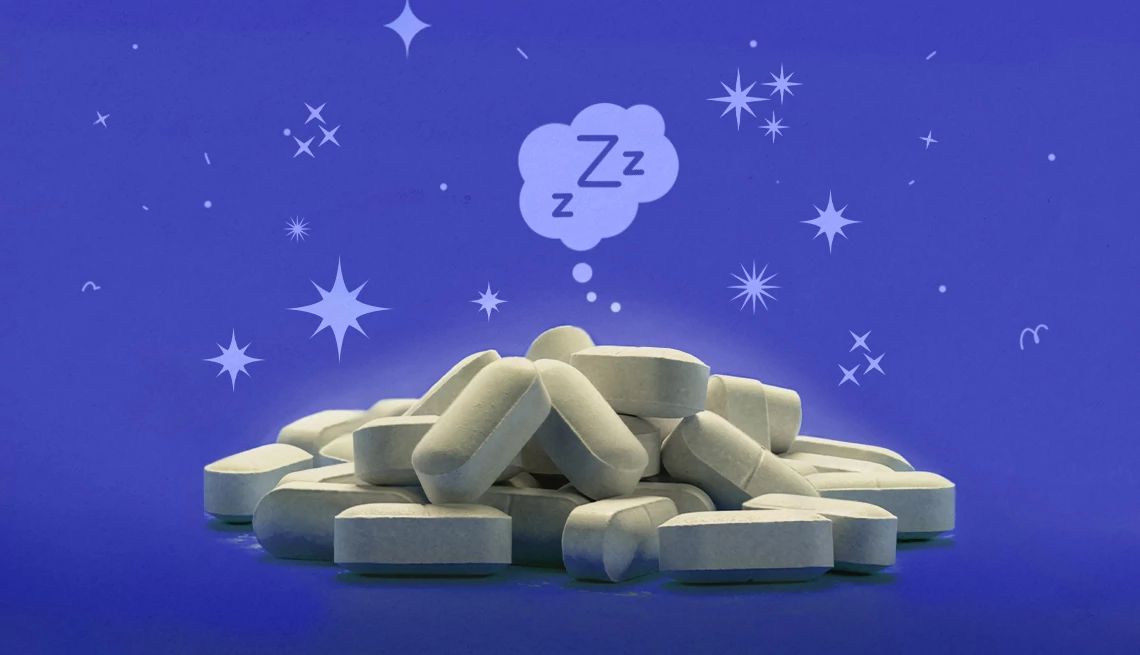How to ease into magnesium
Not even the most enthusiastic magnesium advocates believe it is the universal antidote to insomnia. Success stories are anecdotal, and what works for me might not work for you. But even the most skeptical doctors I talked to agree: Because there are so few side effects, it’s worth testing to see if magnesium helps you sleep better.
“It’s cheap and has low risk — the only possible side effect is loose stool — so it makes sense to try before putting [patients] on a prescription medication,” says Werner, who has recommended magnesium to almost all his sleep patients. Of those who have continued to take magnesium, “more than half have noticed a significant effect,” he says. If you want to try it, here’s how to start.
1. Pick the right pill
Magnesium comes in many forms, and none of them have a better proven track record than another when it comes to sleep. “Magnesium is magnesium,” says Gurubhagavatula. But magnesium oxide, the cheapest form of the mineral, is hard for many people to absorb, and it can cause diarrhea. Magnesium glycinate, which is made by combining magnesium with the amino acid glycine, is much easier on most stomachs and less likely to cause gastric distress.
2. Time it right
If you’re taking magnesium specifically to sleep better, you can take it 30 minutes before bedtime. If that isn’t convenient, then take it earlier. Its effects are gradual, so it isn’t like taking a sleeping pill in the middle of the day. Taking magnesium with a meal or a snack can reduce the chance of stomach problems, and eating it with foods full of healthy fats, like nuts or avocados, can help your body absorb it faster.
3. Start low
The most controversial variable is how much magnesium to take. If you eat a lot of magnesium-rich foods (including pumpkin seeds, almonds, spinach, soy milk, beans, yogurt and bananas), you don’t need as great an amount. A simple magnesium blood test can measure whether you’re deficient in the mineral and how much supplementation you need. Werner starts patients at 400 mg. If there’s an immediate salutary effect, he doesn’t go higher. But if the insomnia persists and the patient hasn’t developed stomach reactions, he might double or triple the dose. “Some people benefit from a lower dose, but many don’t get a good effect until we push their dose to a higher level,” he says. And on this topic, enthusiasts and skeptics agree with an old medical adage: Start low and go slow.
Lots of daily variables can affect sleep, including use of technology, exercise, diet, alcohol and caffeine, prescription medications and physical and mental health, especially pain and stress. In that context, it’s speculative for me to credit magnesium as the sole reason I’m sleeping better. But I’m tempted to evangelize for this possibly magic mineral. Now that I’m well-rested, I may even join TikTok and become a magnesium influencer.

